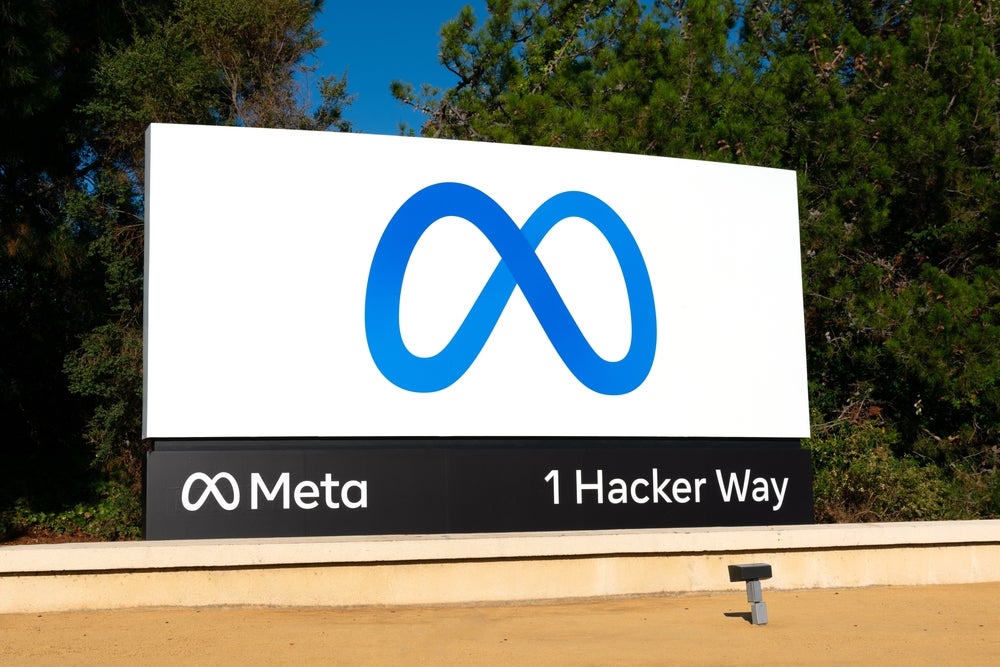The High-Stakes Gamble: Zuckerberg’s $65 Billion AI Bet and Its Hidden Risks
As the digital landscape continues to evolve at a breakneck pace, few developments have sparked as much excitement—and concern—as artificial intelligence (AI). In a bold move that has sent ripples through the tech industry, Mark Zuckerberg, CEO of Meta Platforms, has committed a staggering $65 billion to the advancement of AI technologies. While this investment underscores Zuckerberg’s vision of integrating AI into the fabric of everyday life, analysts are raising alarms about the potential risks that accompany such a colossal gamble.
The Vision Behind the Investment
Zuckerberg’s investment is not merely a financial commitment; it’s a declaration of intent. His goal is to transform Meta from a social media platform into a multifaceted technology powerhouse that leverages AI to create smarter, more personalized experiences for users. From enhancing user interaction to revolutionizing content delivery, the possibilities seem endless.
- **Enhanced User Experience**: AI algorithms can analyze user preferences and deliver tailored content, making social media more engaging.
- **Virtual Reality and Augmented Reality**: With the rise of the metaverse, integrating AI into VR and AR experiences could redefine how users interact with digital environments.
- **Automated Customer Service**: AI-driven chatbots can provide instant support, improving user satisfaction while reducing operational costs.
However, as the saying goes, “with great power comes great responsibility.” The scale of Zuckerberg’s bet raises questions about sustainability, market stability, and the ethical implications of deploying AI technologies on such a grand scale.
The Hidden Risks of a Colossal Bet
Despite the promise of artificial intelligence, the $65 billion investment is fraught with risks that could have far-reaching consequences not just for Meta, but for the entire tech ecosystem. Here are several key concerns:
1. Market Volatility and Speculative Bubbles
Investors are already on high alert. The tech sector, particularly companies like Nvidia, which provide critical hardware for AI development, could feel the strain if Zuckerberg’s ambitious plans do not come to fruition. Historically, large investments in tech have led to speculative bubbles, where inflated expectations drive stock prices to unsustainable levels.
Should this bubble burst, it would not only affect Meta but could also lead to a broader market correction, impacting thousands of jobs and investor portfolios worldwide.
2. Ethical and Regulatory Challenges
AI technologies raise significant ethical questions, particularly concerning privacy, data security, and bias. As Meta pushes forward, it must navigate an increasingly complex regulatory environment. Governments around the world are scrutinizing AI’s impact on society, and any missteps could result in heavy fines, legal battles, or stringent regulations that could stifle innovation.
3. Technological Dependence
As Meta leans heavily into AI, there is a risk of becoming overly reliant on these technologies. This dependence could lead to vulnerabilities, such as cybersecurity threats or operational disruptions, if the AI systems fail or are compromised. A single miscalculation could undermine years of progress and investment.
Potential for a Spectacular Bubble Bursting
Given the high stakes involved, one of the most pressing questions is whether Zuckerberg’s $65 billion bet could lead to a spectacular bubble bursting for Nvidia and other tech giants. Analysts are divided on this issue.
- **Optimistic View**: Proponents argue that the demand for AI technologies is only set to grow, creating a robust market that could sustain high valuations for companies like Nvidia.
- **Pessimistic View**: Skeptics warn that the current market may be overvalued based on speculative investments, and a correction could be imminent if companies fail to deliver on their AI promises.
Strategies for Mitigating Risks
To navigate this high-stakes gamble successfully, Meta must adopt strategies that mitigate risks while maximizing potential rewards. Here are a few approaches that could prove beneficial:
1. Diversification of Investment
Instead of concentrating resources solely on AI, Meta should consider diversifying its investments across various technologies and sectors. This strategy would not only spread risk but also position the company to capitalize on a broader range of opportunities.
2. Transparent Communication with Stakeholders
Keeping investors, regulators, and users informed about the company’s AI initiatives will foster trust and transparency. Regular updates on progress, challenges, and ethical considerations will demonstrate Meta’s commitment to responsible innovation.
3. Collaboration with Regulators and Experts
Engaging with regulators and industry experts can help Meta navigate the complex landscape of AI ethics and compliance. By proactively addressing potential issues, the company can mitigate risks and build a reputation as a responsible leader in AI development.
Mark Zuckerberg’s $65 billion AI bet is a bold statement about the future of technology, signaling an unwavering belief in the transformative power of artificial intelligence. However, as history has shown, high-stakes gambles come with their fair share of risks. The potential for market volatility, ethical dilemmas, and technological dependence cannot be overlooked.
Ultimately, the success of this investment will hinge on Meta’s ability to innovate responsibly, communicate transparently, and adapt to an ever-changing landscape. As the world watches closely, the outcome of this high-stakes gamble could redefine not only Zuckerberg’s legacy but also the future of AI in our daily lives.
See more Future Tech Daily

